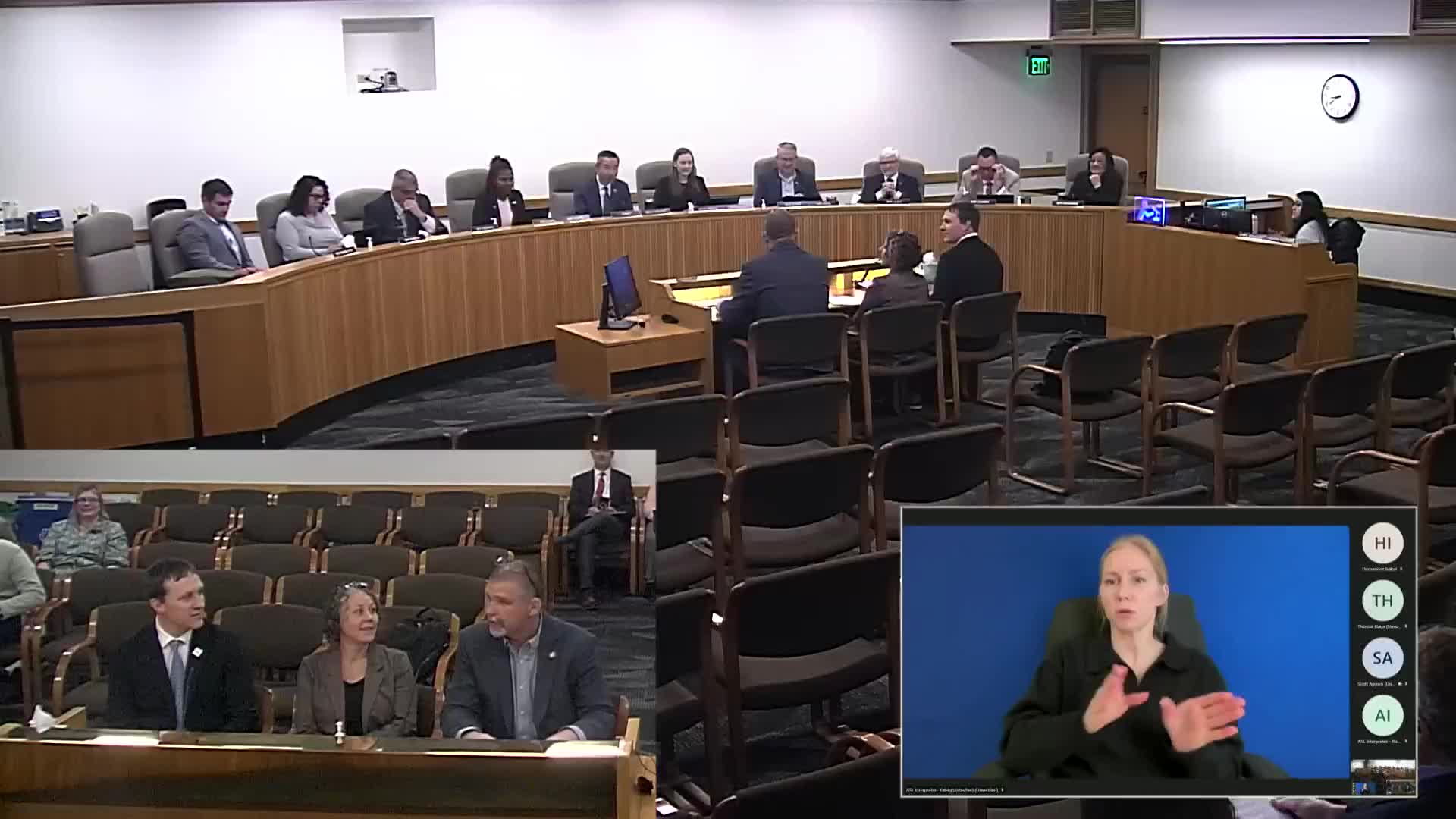Article not found
This article is no longer available. But don't worry—we've gathered other articles that discuss the same topic.
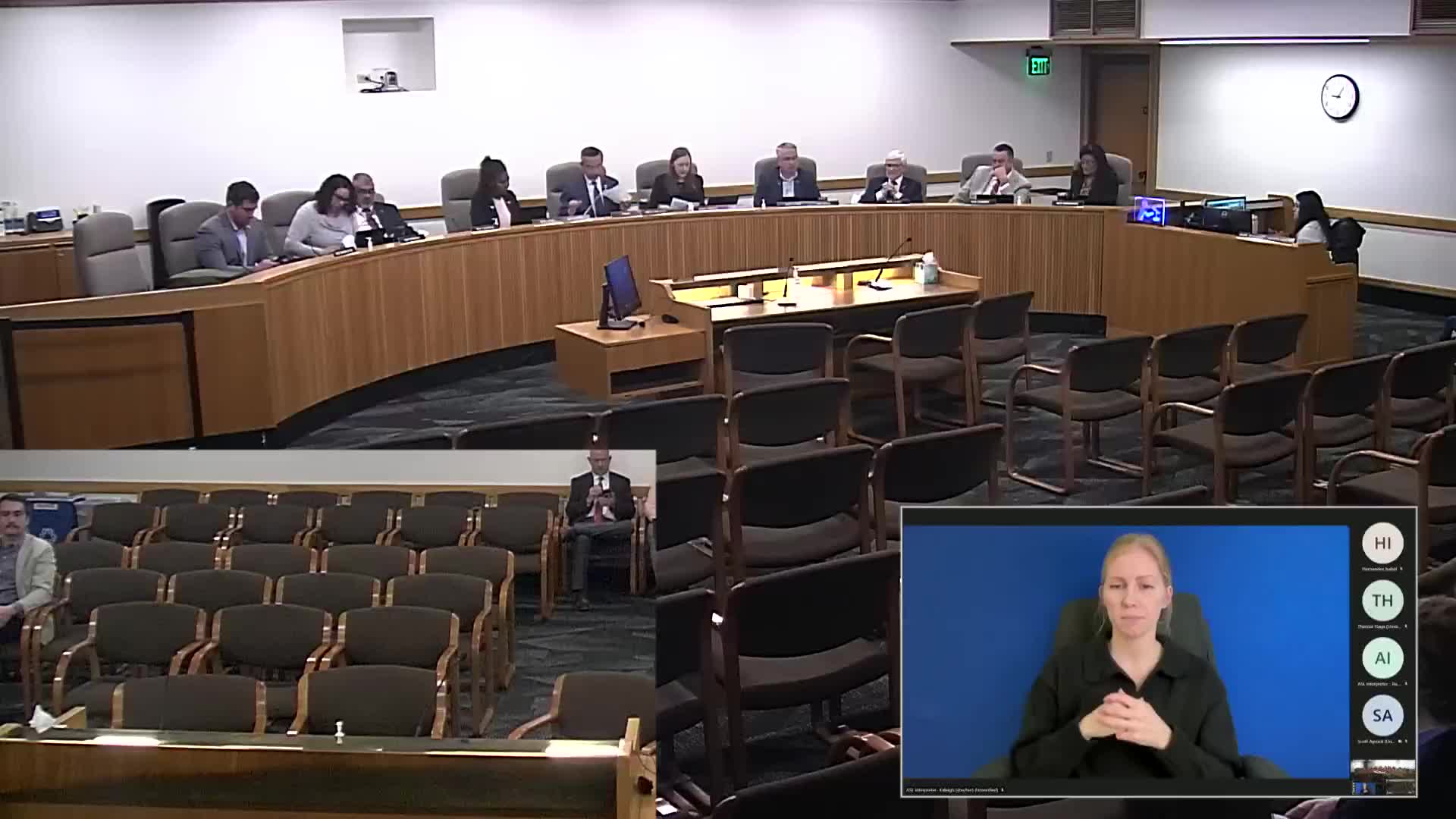
Lawmakers hear testimony on rural community resource center and EDD matching funds to help small jurisdictions compete for federal dollars
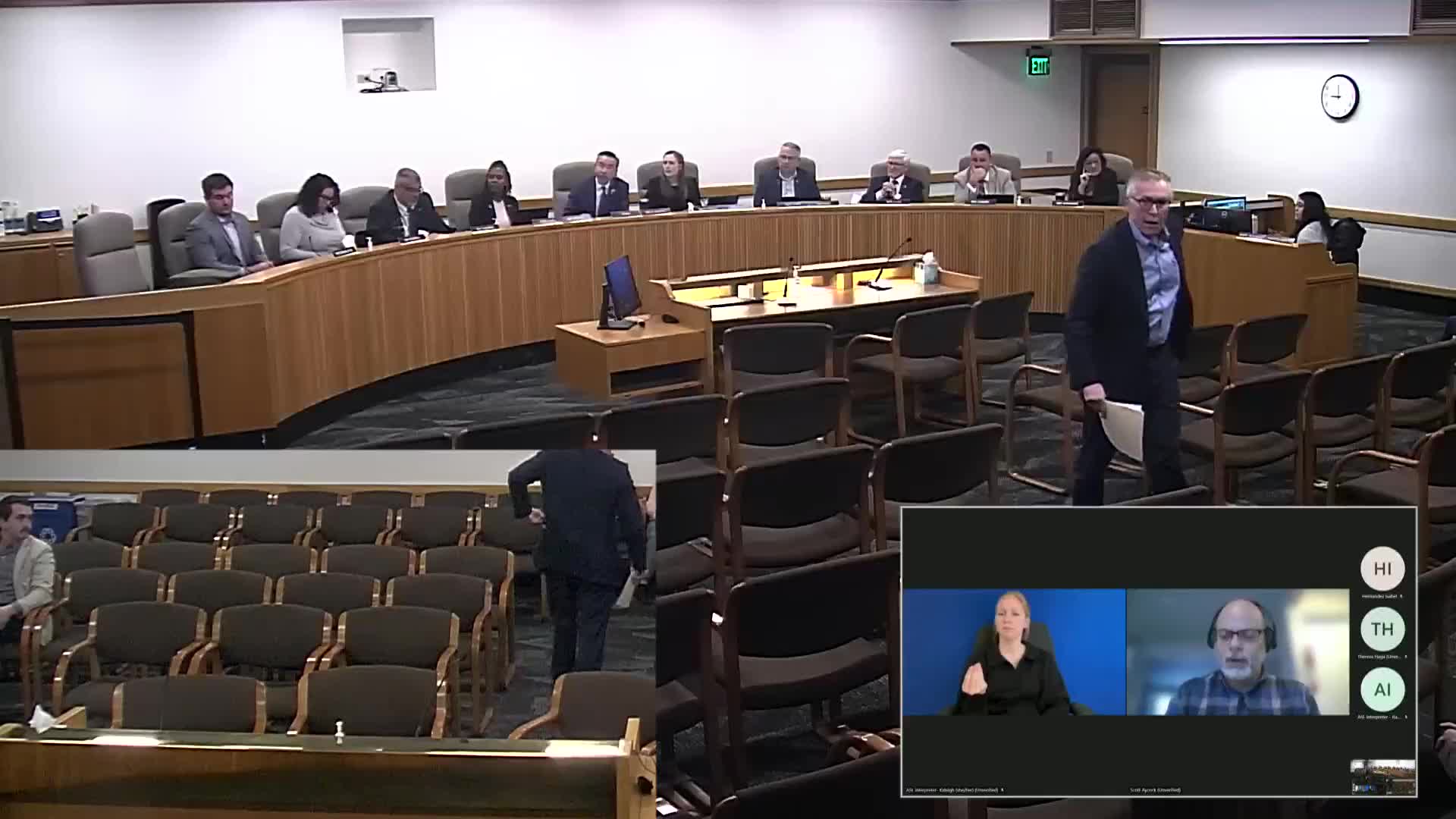
Union County leaders urge $2.5 million for fairgrounds water and sewer upgrades, citing emergency use and accessibility
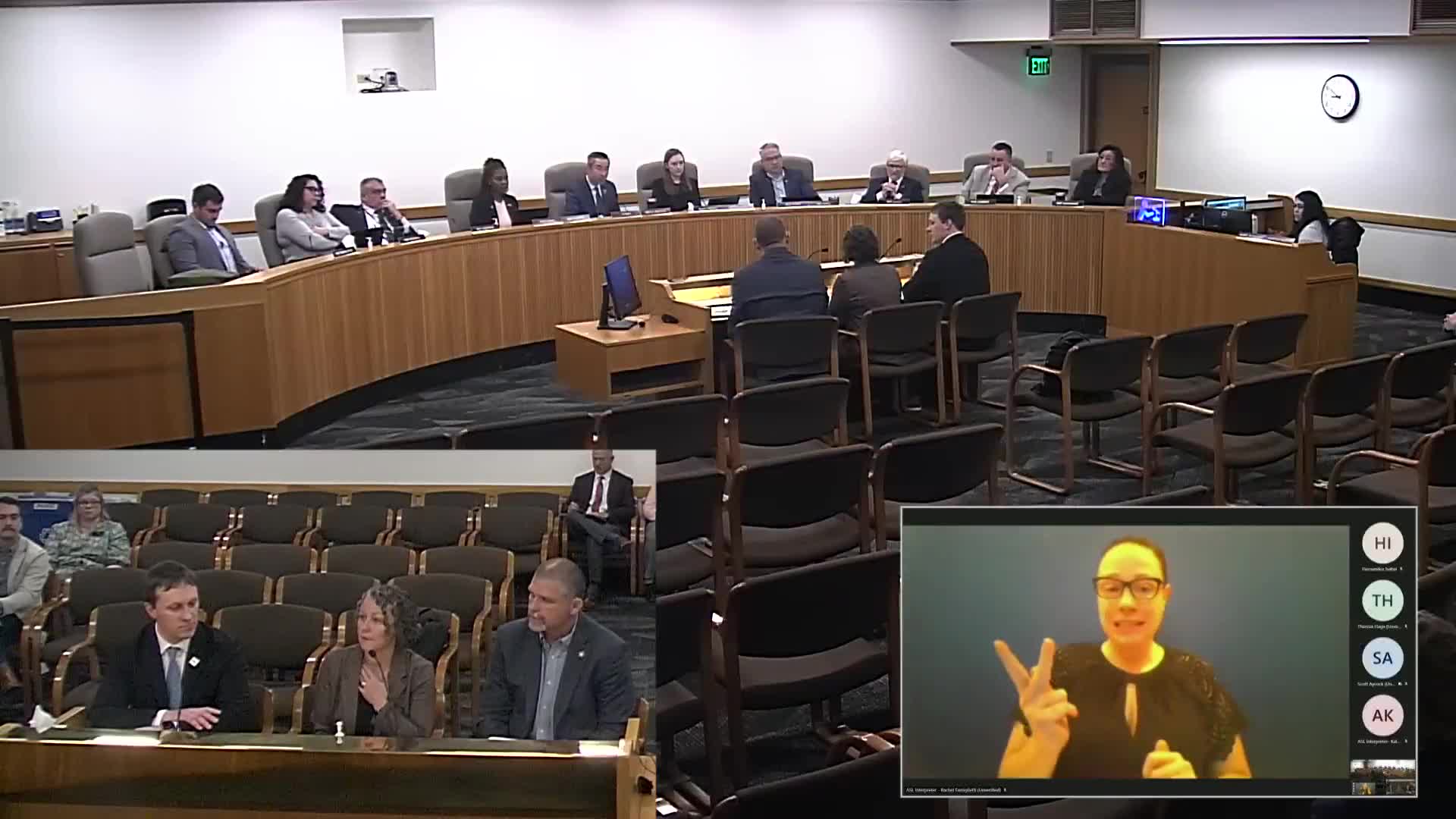
Committee approves referral of bill to raise certified film production tax-credit cap
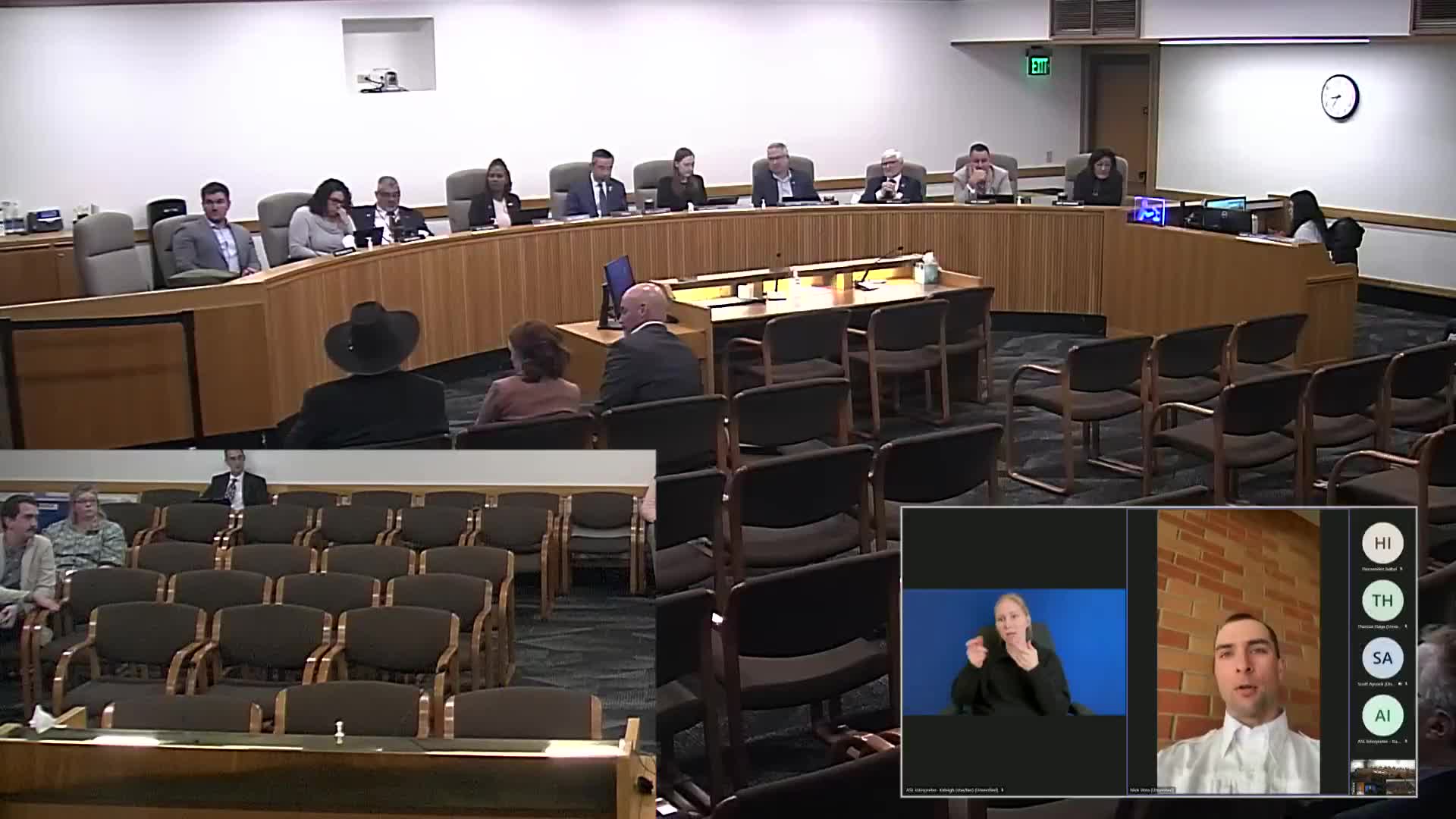
Committee advances targeted grants for 14 arts and cultural organizations in HB 3191
